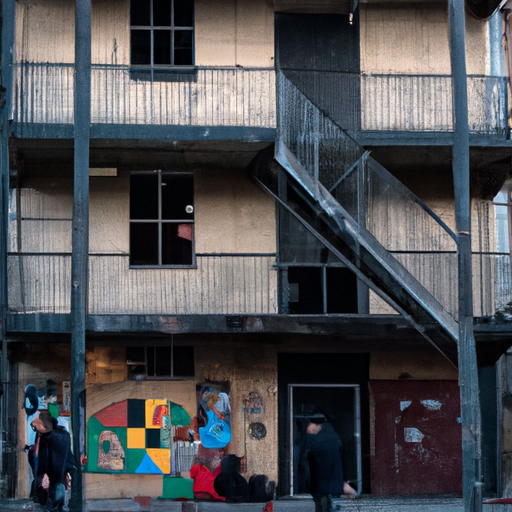Unprecedented Challenges Faced by Cities Due to the Opioid Crisis
The ongoing opioid crisis continues to present massive challenges not only in Canada, but worldwide. One of the hardest-hit areas is our own Canadian cities, where the consequences are seen daily in the form of homelessness, crime, and widespread health issues. The recent article “Cities Facing Unprecedented Challenges,” provides an in-depth look at the situation in Montreal, a city dealing with the struggles associated with the opioid crisis. This post delves into the details and discusses strategies for combating these serious problems.
The Effects of the Opioid Crisis on our cities
As per the data, the opioid crisis does not only cause a rise in illicit drug use, but also significantly impacts local communities and city infrastructure. The effects are far-reaching and have penetrated deeply into the society, creating intricate problems that require holistic solutions.
Homelessness
The opioid crisis has greatly exacerbated the issue of homelessness in our cities. As more individuals become addicted, they face struggles such as eviction and job loss, leading to an increase in the homeless population. This, in turn, puts more pressure on social institutions and shelters, ultimately leading to higher property taxes.
Crime
Opioid addiction often pushes individuals into crime due to the desperate need to acquire drugs. This has resulted in a significant increase in personal and property crimes in our cities, leading to more resources diverted towards law enforcement and the justice system.
Health Issues
Chronic and severe health issues are a direct consequence of opioid misuse. Our healthcare system is consistently struggling with the growing number of overdose cases, and the demand for solutions like naloxone kits is at an all-time high.
Tackling the Opioid Crisis
Proactive efforts are being made to control and eradicate the crisis. Many cities are engaged in an opioid class action lawsuit to receive funds to combat the crisis. Moreover, efforts such as naloxone kit distribution, safe injection sites, and better access to treatment and recovery services are being implemented.
Opioid Class Action
Several Canadian cities are involved in an opioid class action lawsuit against pharmaceutical companies. The aim is to hold these companies accountable for their role in the opioid crisis and recover funds to help manage the ongoing problems resulting from widespread opioid use.
Naloxone Distribution and Safe Injection Sites
The distribution of naloxone kits has greatly helped in preventing opioid overdose deaths. Furthermore, the introduction of supervised safe injection sites in several cities is a proactive approach to harm reduction, reducing the risk of overdose and the spread of infectious diseases.
Access to Treatment and Recovery Services
Collaborative efforts are being made to improve access to effective treatment and recovery services. This includes medication-assisted treatment, counseling and mental health services, and aftercare support.
Key Points:
- The ongoing opioid crisis is fueling homelessness, crime, and health issues in our cities.
- Cities are attempting to fight back through opioid class action lawsuits, aiming to hold pharmaceutical companies accountable.
- Strategies such as naloxone kit distribution, safe injection sites, and improved access to treatment and recovery services are being implemented to combat the crisis.
In Conclusion
The opioid crisis remains a severe issue plaguing our cities, one that demands immediate and comprehensive action. It has rippled through all facets of society, impacting homelessness rates, crime, and community health. The response must be as all-encompassing as the problem itself, including participation in opioid class action lawsuits, naloxone distribution, and widespread access to recovery services. While the road to recovery is long and multifaceted, it is possible through sustained and concerted effort.
